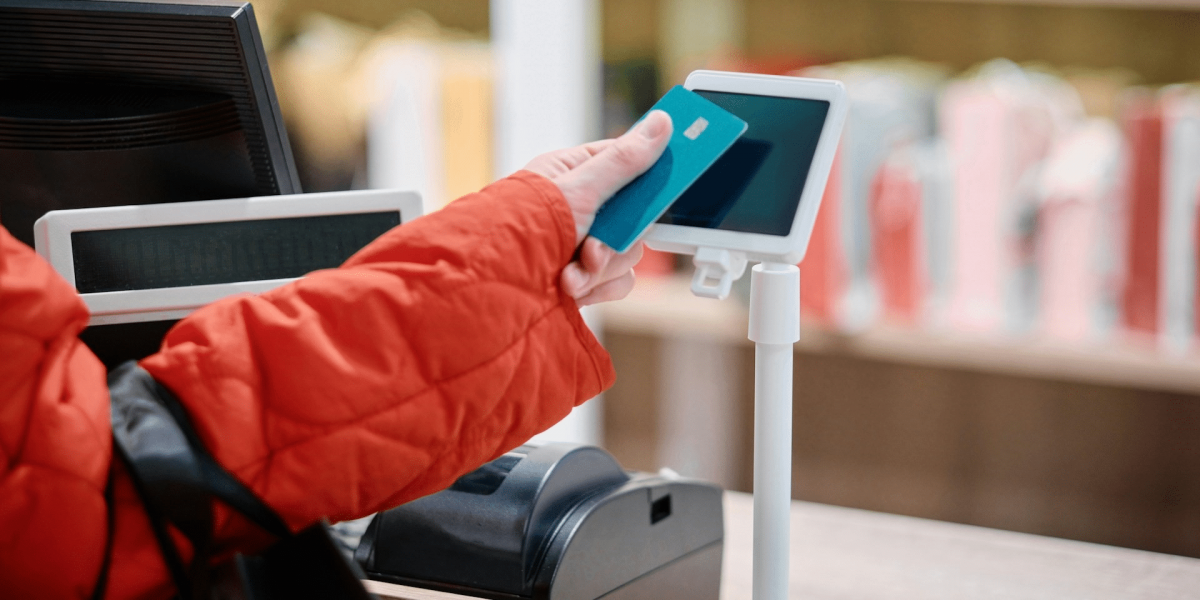In recent years, there has been a growing trend towards cashless transactions in cities across the United States. From mobile payment apps to contactless credit cards, many consumers are opting for digital payment methods over traditional cash. However, the question remains: Is Portland ready to go cashless? In this article, we’ll explore the advantages and challenges of transitioning to a cashless society in Portland, Oregon, and examine the factors that may influence its readiness for this shift.
The Rise of Cashless Transactions
Before delving into Portland’s readiness for a cashless society, it’s essential to understand the reasons behind the rise of cashless transactions in the first place. There are several factors driving this trend, including:
Convenience
Digital payment methods offer unparalleled convenience for consumers, allowing them to make purchases quickly and easily with just a tap or swipe of their smartphone or card. With cashless transactions, there’s no need to carry bulky wallets or worry about making exact change, making it a preferred choice for many busy individuals.
Hygiene and Safety
In light of the COVID-19 pandemic, there has been increased awareness of the potential health risks associated with handling cash. Cashless transactions offer a hygienic alternative, reducing the risk of virus transmission through physical contact with bills and coins.
Tracking and Security
Digital payment methods provide a level of tracking and security that cash cannot match. With electronic records of transactions, consumers can easily monitor their spending and track purchases for budgeting purposes. Additionally, cashless transactions are less susceptible to theft and fraud, as there’s no physical currency to steal or counterfeit.
Advantages of Going Cashless in Portland
Transitioning to a cashless society in Portland could offer several benefits for both businesses and consumers. Some of the potential advantages include:
Increased Efficiency
Cashless transactions streamline the payment process for businesses, reducing wait times at checkout and improving overall efficiency. With digital payment methods, transactions are processed instantaneously, eliminating the need for manual cash handling and counting.
Cost Savings
Going cashless can also result in cost savings for businesses by reducing the expenses associated with cash management, such as banking fees, armored car services, and counterfeit detection measures. Additionally, businesses can save time and resources spent on reconciling cash registers and balancing cash drawers.
Improved Customer Experience
For consumers, cashless transactions offer a seamless and frictionless shopping experience. With digital payment methods, there’s no need to fumble for cash or wait for change, leading to faster and more convenient transactions. This can result in higher customer satisfaction and loyalty for businesses that offer cashless payment options.
Challenges of Going Cashless in Portland
While there are clear advantages to transitioning to a cashless society, there are also several challenges and considerations that must be addressed. Some of the potential challenges include:
Access and Equity
Not everyone in Portland has access to digital payment methods, such as smartphones or bank accounts. Transitioning to a cashless society could potentially exclude individuals who rely on cash for their day-to-day transactions, such as the unbanked or underbanked population, as well as elderly or low-income individuals.
Digital Divide
The shift to a cashless society could exacerbate existing disparities in access to technology and digital literacy skills. Without adequate education and support, some members of the Portland community may struggle to navigate digital payment systems, leading to further marginalization and exclusion.
Privacy Concerns
Cashless transactions involve the collection and storage of personal data, raising concerns about privacy and data security. In a cashless society, every transaction leaves a digital footprint, which could be exploited by companies or hackers for targeted advertising or identity theft. Protecting consumer privacy will be a critical consideration in transitioning to a cashless economy.
Is Portland Ready to Go Cashless?
So, is Portland ready to go cashless? The answer is nuanced and depends on various factors, including technological infrastructure, regulatory framework, and community readiness. While Portland has embraced digital innovation in many aspects of daily life, there are still significant barriers to overcome before a cashless society becomes a reality.
Technological Infrastructure
Portland boasts a robust technology sector and a culture of innovation, making it well-positioned to adopt cashless payment systems. However, ensuring widespread access to digital payment methods will require investment in infrastructure, such as expanding broadband internet access and upgrading point-of-sale terminals in businesses across the city.
Regulatory Framework
Regulatory factors also play a crucial role in shaping the transition to a cashless society. Local policymakers in Portland will need to consider how to balance the benefits of cashless transactions with concerns about access, equity, and privacy. Implementing policies that promote financial inclusion and protect consumer rights will be essential for ensuring a smooth and equitable transition.
Community Readiness
Ultimately, the success of transitioning to a cashless society in Portland will depend on community readiness and acceptance. Educating the public about the benefits and risks of cashless transactions, as well as providing support and resources for those who may be most affected by the transition, will be key to building trust and buy-in from residents across the city.
Opportunities and Challenges
In conclusion, the shift to a cashless society presents both opportunities and challenges for Portland, Oregon. While cashless transactions offer convenience, efficiency, and security, they also raise concerns about access, equity, and privacy. Whether Portland is ready to go cashless will depend on its ability to address these challenges through investments in technology, thoughtful regulation, and community engagement. By working together to overcome barriers and ensure inclusivity, Portland can harness the benefits of digital innovation while safeguarding the interests of all its residents.









